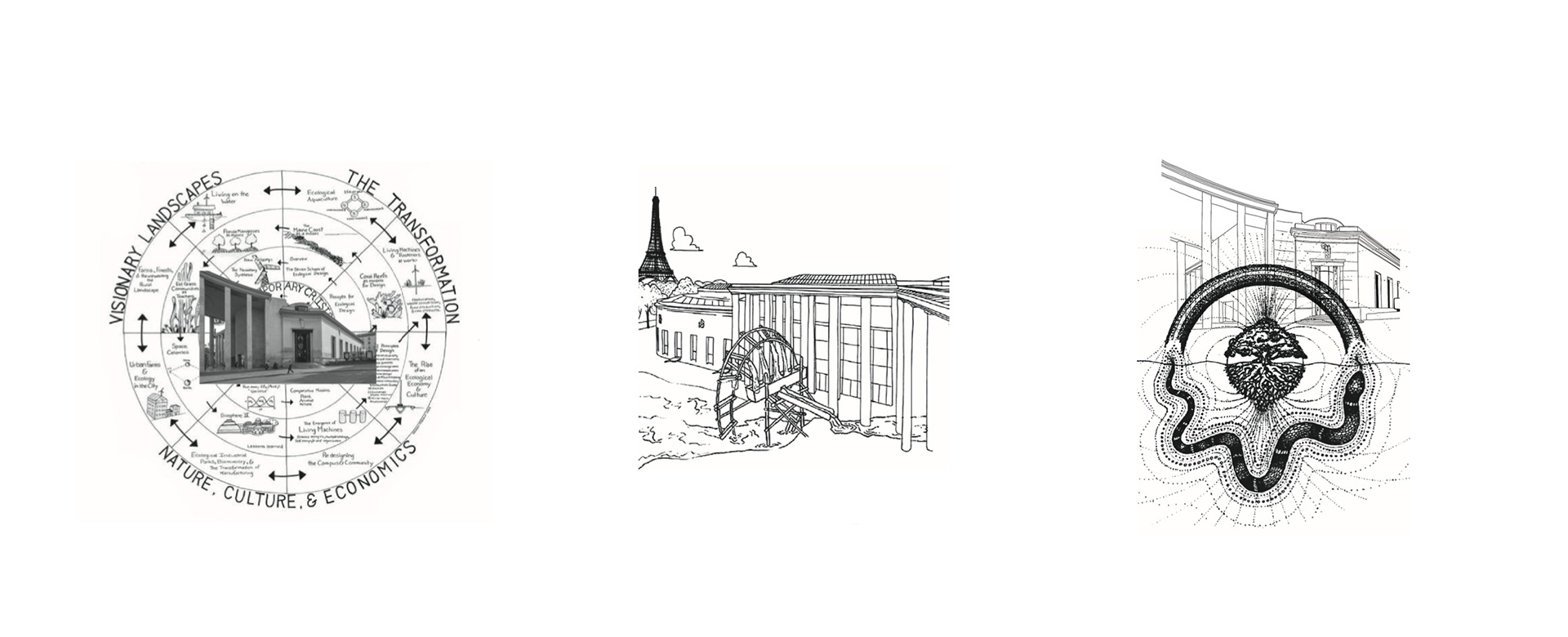SEARCH THE ENTIRE SITE
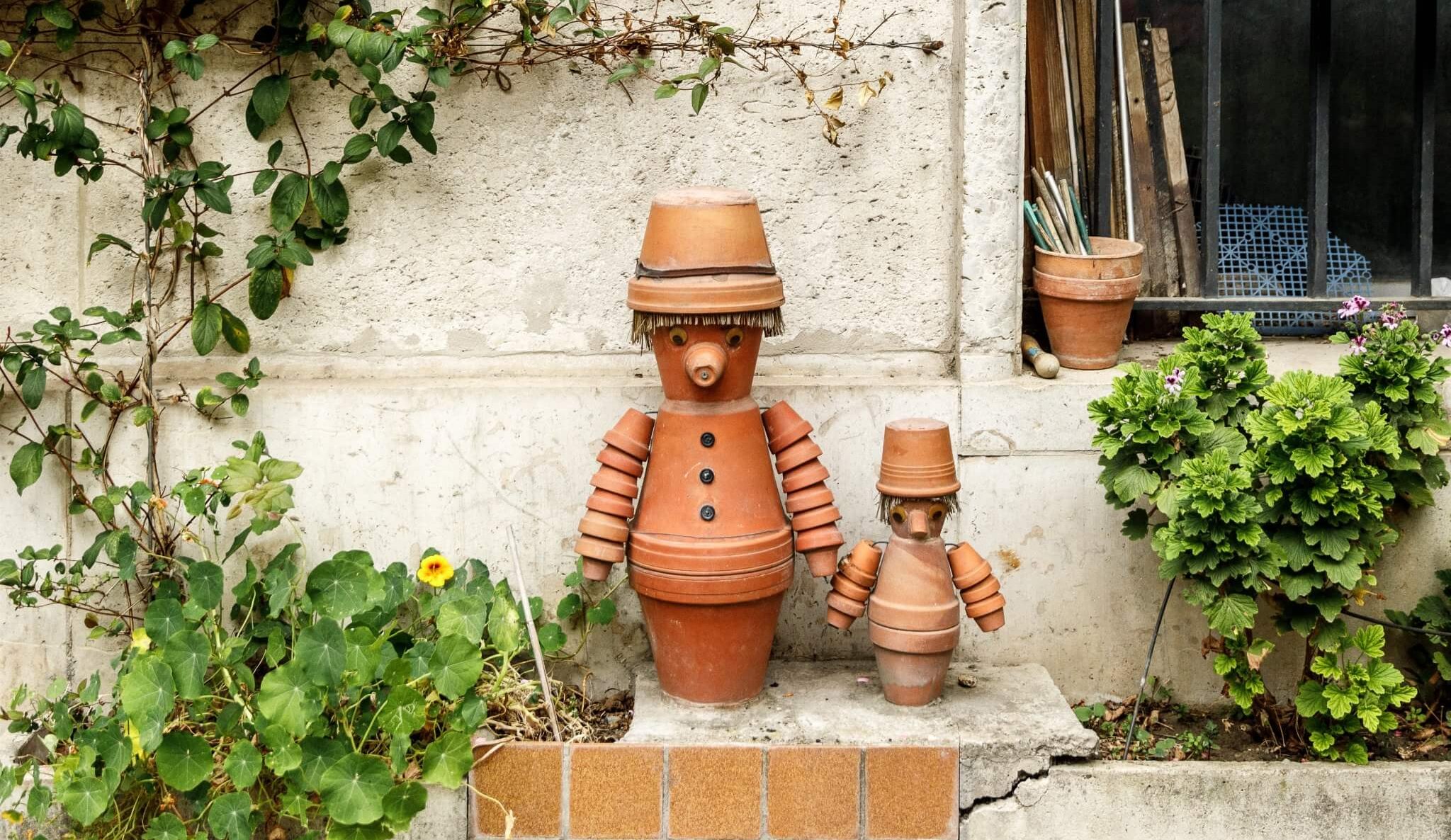
A sustainable Palais
A responsible patronage initiative
The permaculture spirit
The Palais de Tokyo is inspired by the systemic model of permaculture, the resilient functioning of nature and the virtuous principles of sustainable development to create a global work ethic that reconnects with the multiple functions of art.
This ambition permeates every profession, from management to programming, from communication to building. It invites us to think and work ecologically about tomorrow’s artistic activity, based on 4 key concepts: thinking in terms of (1) an ecosystem with other institutions, operating spaces according to the principles of (2) zoning, and paying attention to (3) the (bio)diversity of forms, with an emphasis on (4) short circuits.
As part of this new paradigm, the Palais de Tokyo will carry out its carbon assessment in 2021 and implement its climate strategy with the aim of reducing its carbon emissions by 90% by 2050.
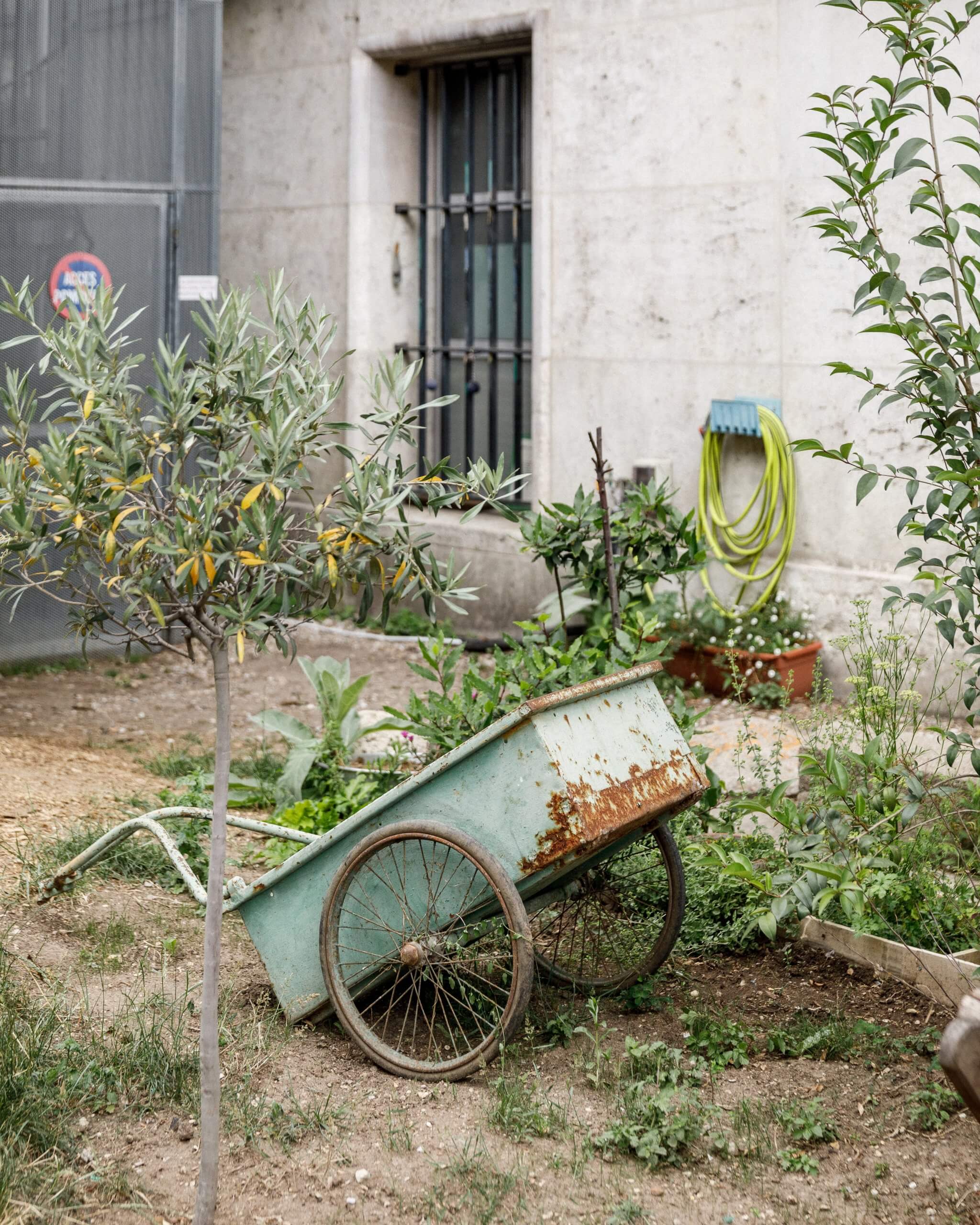
Cosa mentale
In a direct continuation of institutional permaculture, the relationship between art and mental health opens up a new perspective for the institution.
Starting with the question of the public, it is from the ecological notion of ‘diversity’ that our approach to inclusion is conceived, favouring a qualitative approach over a quantitative one.
This line of work is being deployed at the opening of hamo, the new space for education, inclusion and mediation through art at the Palais de Tokyo, which was from the outset conceived as a pioneering tool for the inclusion, visibility and support of people with so-called ‘special needs’. It is an opportunity to develop a range of research and practical initiatives that benefit everyone, and to guide the institution and its public towards a creative and constructive vision of mental diversity.
THE SUSTAINABLE PALACE PROGRAMME
The Palais de Tokyo is committed to sustainable culture and has made ecological and social issues one of the priorities of its operations and programming. To ensure this transition, it is initiating a new discussion between the worlds of art and business.
The Palais durable sponsorship and partnership programme mobilises the financial support and expertise of businesses around the issues of ecological transition, education, inclusion and well-being through art.
Through a contribution in kind (or in skills) coupled with financial support, our sponsors and partners choose to have an immediate impact on our transition:
- Brainprint (financial contribution)
For an institutional change, participate in the impact on the consciousness of the Palais de Tokyo by supporting dedicated programming.
- Footprint (contribution in skills and in kind)
By sharing your expertise, help to reduce the Palais de Tokyo’s environmental footprint and/or improve its facilities for inclusion.
Sponsorship entitles you to a tax reduction of 60% of the amount of the donation and 25% in return, including :
- A ticketing offer
- Unique visibility
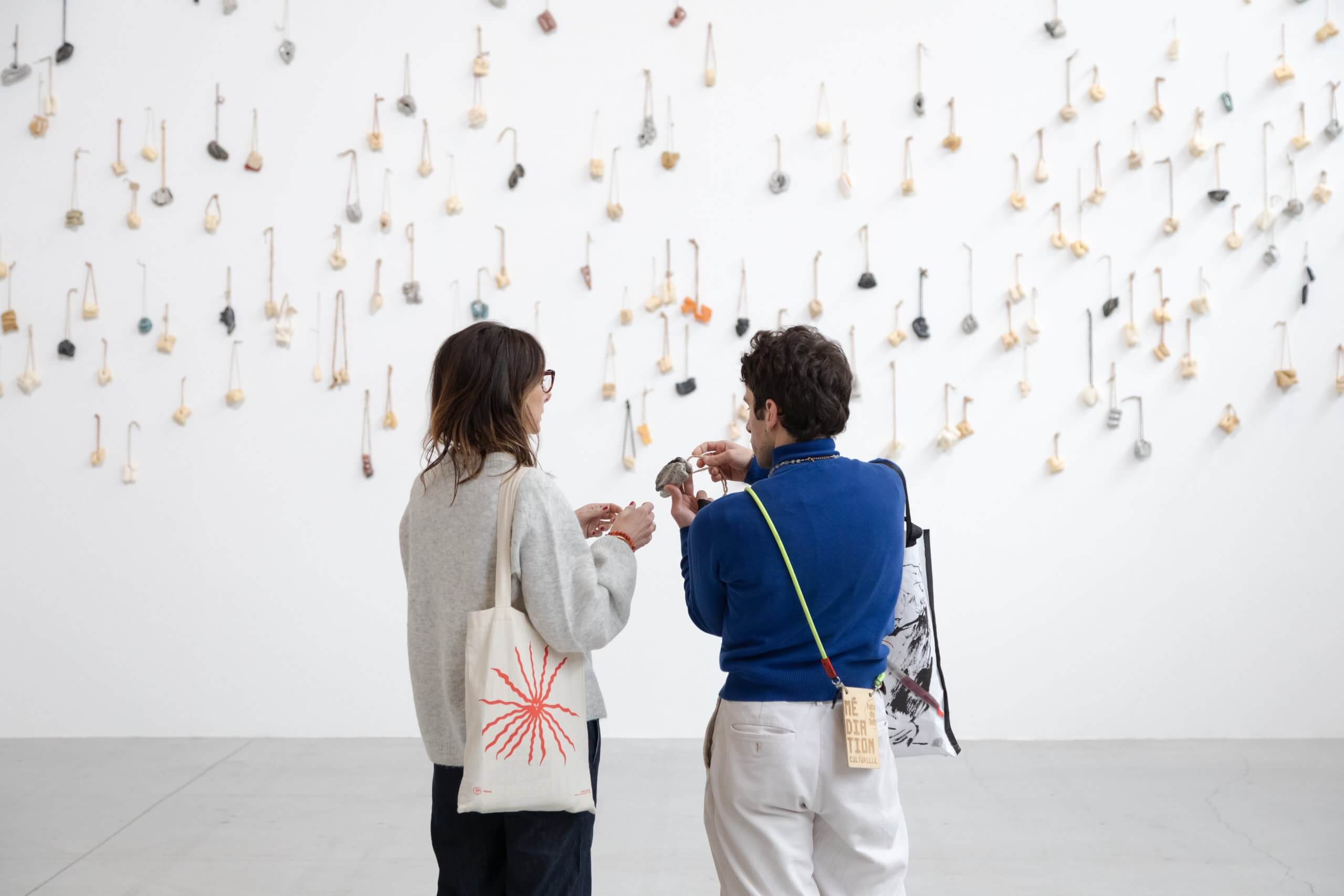
Projects
Richard Mille
Since 2019, Richard Mille has been supporting the programming of the Palais de Tokyo. Committed to taking account of neurodiversities in contemporary art, he has promoted the meeting between the Palais de Tokyo and the Brain Institute.
Engie Foundation
Since 2016, the Engie Foundation has supported the Palais de Tokyo’s solidarity mediation initiatives, both inside and outside the hammo, giving nearly 4,000 people from the social and medico-social fields access to art every year. Maison Ruinart Since 2021, Maison Ruinart has supported the eco-design of exhibitions and the Eco-design Art Prize organised by Art of Change 21. It also contributes to the elegance of events at the Palais de Tokyo through its generous contribution of champagne.
Malakoff Humanis Disability Foundation
In 2024, the Malakoff Humanis Disability Foundation will join the Palais Durable programme. Committed to an inclusive society, it is helping to improve accessibility facilities, in particular with the creation of an anti-stress kit and an artistic PECS device.
Matmut pour les arts
Matmut pour les arts contributes to making culture accessible to all and has supported the hamo project since 2024, with a particular commitment to improving the well-being of people with psychological or mental disorders or disabilities.
Spirica
In 2025, Spirica became a partner in mediation and inclusion programmes for young audiences, welcoming 2,500 people a year to the Hamo project.
A few other projects
Carrying out a carbon assessment in 2021 and then drawing up a climate strategy with Utopies;
Carrying out an impact assessment of the ‘Well-being’ workshops with the Aesio Foundation;
The roll-out of ‘Wellness through Art’ workshops in Paris hospitals, with the support of the Savschuk Foundation;
The organisation of Palais Partagé days and the creation of a creative and artistic practice kit – the Educalab kit – with the support of the Batigère Foundation;
An energy audit of the Palais de Tokyo building by Eco-Adapt;
The installation of beehives in the Palais de Tokyo’s historic gardens by Guerlain;
The Emerige endowment fund, which is providing consultancy services in response to the challenges of waste reuse.
